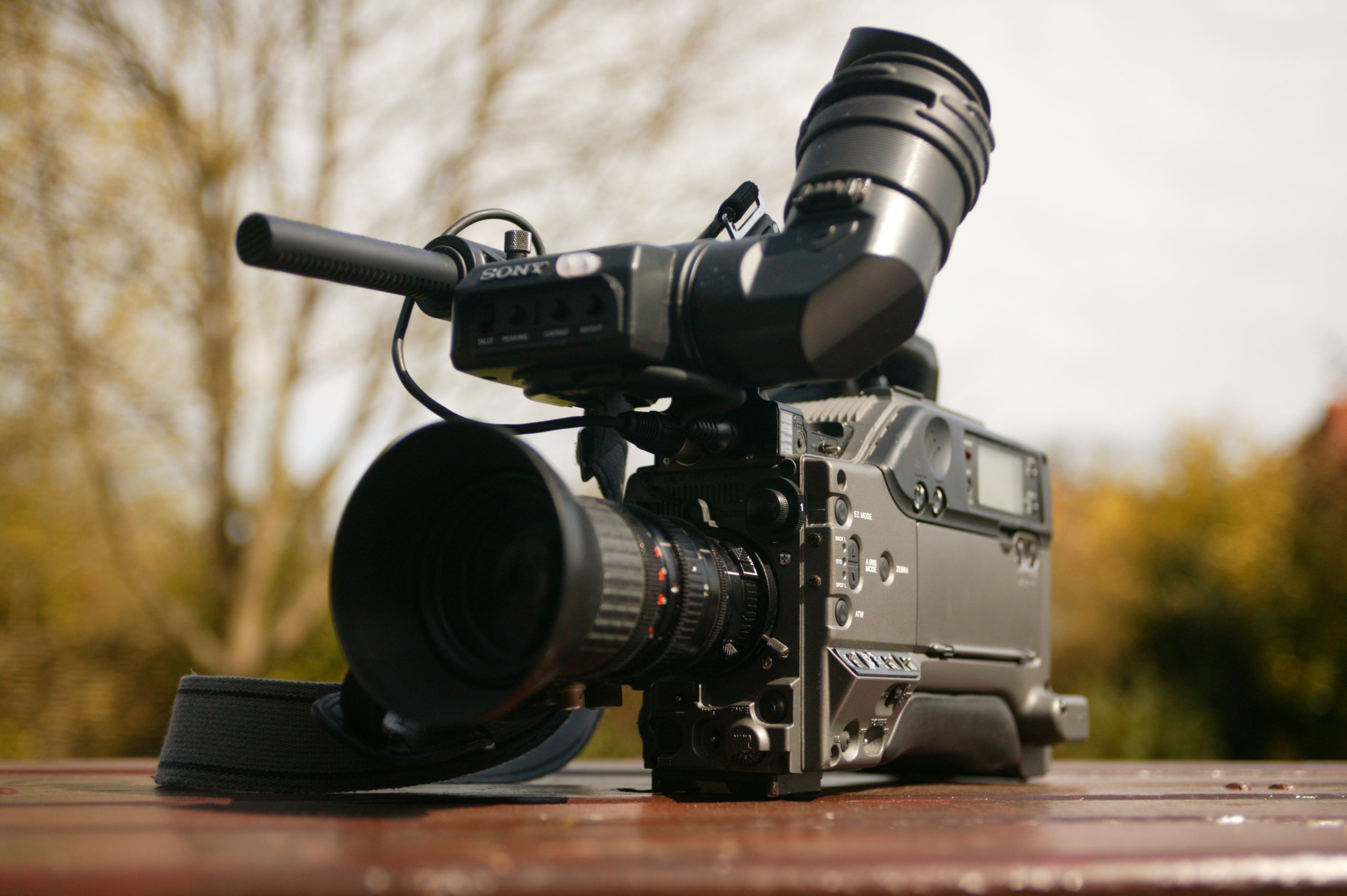After a visit from a heating expert (if you are looking for the best Boiler Installation in Perth, you can count on the guys from Perth Heating Solutions) I remembered that one of the most basic pieces of equipment of my trade has an everyday enemy much more dangerous than falls, blows, or dust. We are talking not about dropping your camera in the water, no. We are talking about humidity.
I’m talking more specifically about excess humidity and Scotland is a region where humidity levels are always extremely high. This factor can damage the lenses and electronic components of your camera if you don’t pay attention.
A closed, dark, and poorly ventilated place. Does it sound familiar to you? Is this like the drawer or the closet in which you keep your camera? If so, you should be concerned about humidity, and the appearance of fungi (such as mold) as well, because the latter find in the combination of humidity and darkness the perfect ecosystem to develop and appear on any surface.
In addition to the appearance of fungi, an environment with too much humidity can cause some of the sensors or electronic components to become humid and the camera fails or ends up damaged.
Do not panic! Whether you are professional or amateur, I bet you love your camera and don’t want anything to happen to it. Rest assured, controlling excess humidity in a closed and relatively small space is easier than you think and you won’t have to adjust the heating in your house every hour or call a boiler technician every month.
To begin with, manufacturers of cameras, lenses, lenses … have already thought about the problem of humidity.
But we also recommend the following tips:
Do not store your equipment in a closed environment
Avoid closets, and if your home or office tends to accumulate a lot of humidity, there are products such as silica gel bags that help decrease it. Be careful not to use the bags that come in shoe boxes, wallets, and other packaged products, as these have already reached their useful life and they will not work for you to protect your camera.
Our advice is to buy new and larger silica gel bags. In the market there are a variety of products to eliminate humidity in open spaces, our advice is that when making your purchase, consult a specialist.
Do not buy a bottle and use it with your equipment, because you will eat all the humidity and we go to the opposite case already mentioned and also harmful. If you are careful you will not have problems, but if you do not have them all, you can always buy a device that measures relative humidity.
Too low a humidity could cause the lubricant in the mechanical parts of your camera to dry out, which would increase the risk of failure (and the operation would not be the most adequate). So what should we do to take care of our treasure?
The wise thing to do is make the equipment out for a walk. Give it the air and the sun. UV rays kill fungus. But if what happens is that you are going to keep your equipment for a long time …
Every now and then take it apart and put it in the sun for a while
We can also choose to put a UV lamp in the place where we store the camera and lenses (as some photographers seem to do). UV rays to power!
The maintenance of the boilers in your house is also important. Not only for your own well-being but to extend the life of your camera and other electronic devices sensitive to excess humidity.
Use dehumidifiers, which is an expensive option due to its price and electricity consumption (a not recommended solution).
What other measures do you use to protect your camera? Explain it using the comments section.
